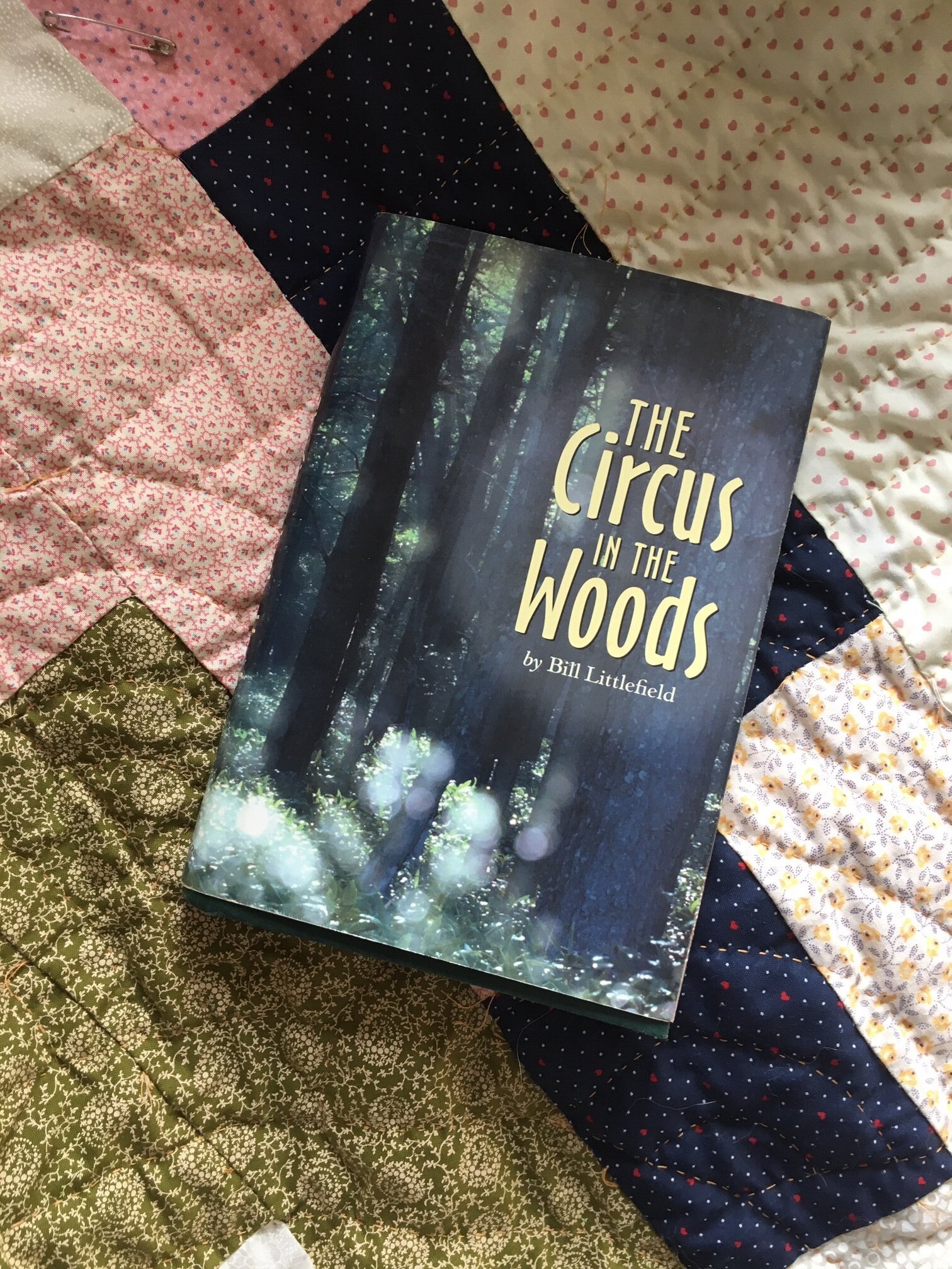Two friends living not that far away from each both decide to get back to basics. They share their wins, loses and advice in this book.
Why do sustainablilty books try to be so cute and clever? It’s really annoying. Please avoid the cliches, puns, silly phrases and the like. I get it that many sustainability authors are nervous about sharing their lifestyle, that they worry about how “normal” people will relate. Or at least I guess this is what they are thinking. Make it cute, make it twee, that way the masses will become interested. It’s true that for many (perhaps most) people subjects in this type of book, like growing your own food, raising chickens and goats, making your own hair products, sewing your own clothes, keeping bees, and other homesteading ideas, will be very strange. These concepts seem remote, alien and undoable to most people nowadays. But it wasn’t that long ago that these were extremely mundane practices. If you had a yard, you grew food, you prob had a few chickens. If you wore clothes you repaired them, sometimes you made more. You used the scraps to make rags or quilts. If you wanted honey, you had bees and if you wanted clean hair, you made shampoo or soap. Although our society has moved far from these easy daily tasks that enrich our lives, it wasn’t so long ago that they were “normal”. Books like these, by reducing these actions to simply cute, silly stories, I believe do the opposite of the goal intended. They allow someone interested in these subjects to blow off the reality of it. I actually ended up skipping a lot of this book. I wasn’t really interested in many of the side stories, looking more for the informative aspects of the text. I skipped the goat section, as I do not intend on getting goats. There is a lot of useful information in this book, you just have to get thru a lot of “cute” to find it. All that being said, I do think for people new to the slow living or homesteading movement, this book does go over a lot of questions one might have. It covers a good range of basics, like gardening and easy health care items and recipes, to more advanced projects like keeping chickens, bees or goats. Some passages in this book were a bit outdate language wise even though it was only written in 2012, but the message is pretty timeless. If you are looking for an overview into urban homesteading, this might be a good starter book. I would recommend this book to those interested in this lifestyle and who live in the suburbs, those who have none of the basics but want to learn more, or those interested in some of the specifics in this book, like easy beekeeping.
Do you have a favorite homesteading or slow living, or low impact movement lifestyle book that you can recommend?


















